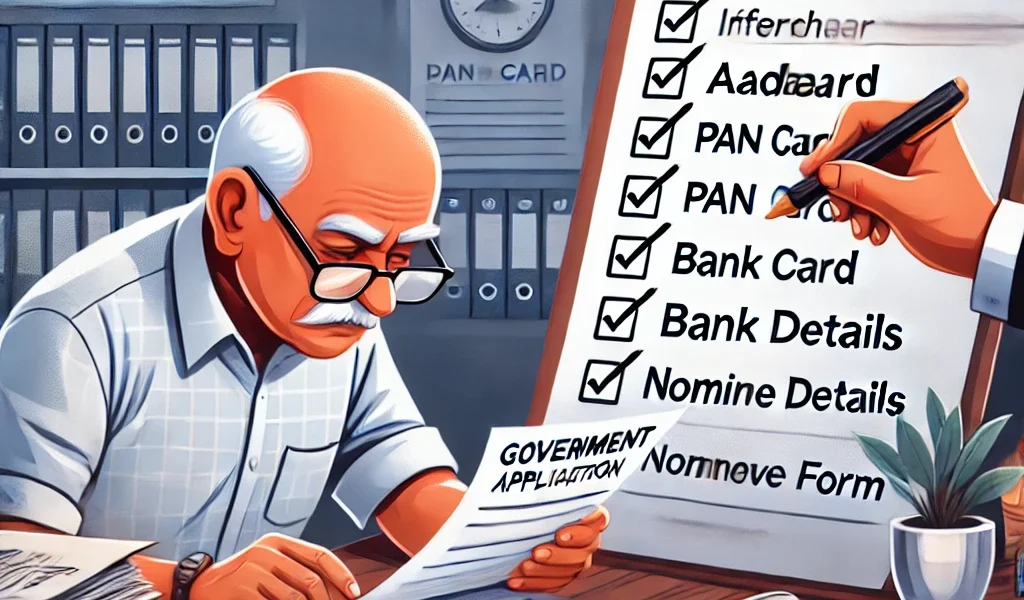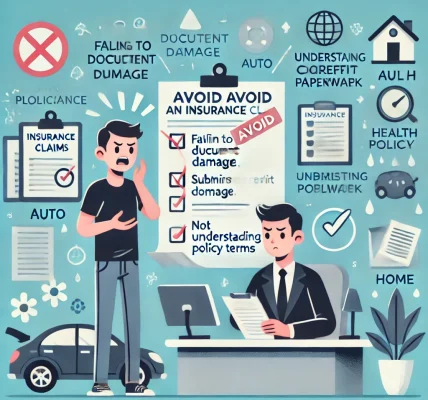Introduction
Filing an insurance claim should be a straightforward process, but even minor errors can lead to fraud allegations—intentional or not. Many policyholders unknowingly make mistakes that can delay or even deny their claims. Understanding what constitutes insurance fraud, how to avoid common pitfalls, and ensuring compliance with legal guidelines can protect you from serious consequences.
This guide will help you navigate the claims process responsibly and avoid making costly errors that could be misinterpreted as fraudulent activity.
1. What is Insurance Fraud?
Insurance fraud occurs when a policyholder, claimant, or third party provides false or misleading information to gain benefits that they are not entitled to. This includes exaggerated claims, false documentation, and misrepresentation of facts. While some fraud cases are deliberate, many arise from genuine mistakes made by policyholders.
Types of Insurance Fraud
- Hard Fraud: Deliberate acts, such as staging accidents or falsifying damages.
- Soft Fraud: Exaggeration of legitimate claims, such as inflating repair costs or hiding pre-existing damages.
- Unintentional Fraud: Mistakes in documentation, misinterpretation of policy terms, or providing incomplete information.
✅ Pro Tip: Always double-check your claim details and consult with your insurer before submission to ensure accuracy.
2. Common Mistakes That Can Lead to Unintentional Fraud
Understanding common errors can help you avoid costly misunderstandings.
a) Providing Incorrect Information
Whether it’s an address, vehicle details, or the date of an incident, even minor discrepancies can raise red flags.
How to Avoid: Verify all information before submitting your claim. Cross-check policy details to ensure accuracy.
b) Exaggerating Damages
While it may seem harmless to overestimate repair costs, insurers thoroughly investigate claims and may consider inflated estimates as fraud.
How to Avoid: Obtain accurate repair assessments and provide invoices or quotes from reputable professionals.
c) Misrepresenting the Cause of Damage
Claiming an accident happened differently to fit policy coverage can be deemed fraudulent.
How to Avoid: Be honest about the circumstances surrounding the claim. If unsure, seek professional advice.
d) Failing to Disclose Prior Claims or Damages
Concealing past claims or pre-existing damages can result in claim denial and even policy cancellation.
How to Avoid: Disclose all relevant information upfront, even if you think it may impact your claim.
✅ Pro Tip: Keep copies of past claim records to ensure consistency in future filings.
3. How Insurance Companies Detect Fraud
Insurers use advanced technology and investigative methods to detect fraudulent claims. Understanding how they work can help you stay compliant.
a) AI & Data Analytics
- Insurers use AI to compare claim patterns and flag suspicious activity.
- Discrepancies in your claim history may prompt further investigation.
b) Claim Investigation Units (SIU)
- Special Investigation Units (SIUs) analyze high-risk claims.
- Investigators may visit accident sites, review social media, and interview witnesses.
c) Surveillance & Social Media Monitoring
- Posting about an accident or damage inconsistently with your claim can cause issues.
✅ Pro Tip: Always provide truthful statements, as insurers have multiple ways to verify claim legitimacy.
4. Best Practices for Filing an Honest Insurance Claim
Following these best practices ensures a smooth and trouble-free claims process.
a) Document Everything
- Take clear photos and videos of damages or accidents.
- Keep receipts and maintenance records for insured items.
b) Understand Your Policy
- Read and clarify policy details, including deductibles and exclusions.
- Consult with your insurance agent to clear doubts.
c) Be Transparent & Communicative
- Report claims promptly.
- Respond to insurer inquiries honestly and provide requested documents on time.
d) Seek Professional Help if Needed
- A public adjuster or insurance attorney can guide complex claims.
✅ Pro Tip: Keep a copy of all communications with your insurer for future reference.
5. Legal Consequences of Insurance Fraud
Even unintentional fraud can have serious consequences, including:
- Claim denial: Loss of compensation for damages.
- Policy cancellation: Insurers may refuse to renew your policy.
- Legal action: Some cases can result in fines or criminal charges.
✅ Pro Tip: If you suspect an issue with your claim, seek legal advice before proceeding further.
Conclusion
Avoiding unintentional insurance fraud is crucial for a hassle-free claims process. By understanding your policy, providing accurate information, and documenting claims thoroughly, you can prevent mistakes that could lead to serious consequences.
Being proactive, honest, and informed ensures that your claims are processed smoothly, and you receive the compensation you rightfully deserve.
Remember, when in doubt, ask your insurer or seek expert advice to avoid unintentional errors that could impact your financial future.




